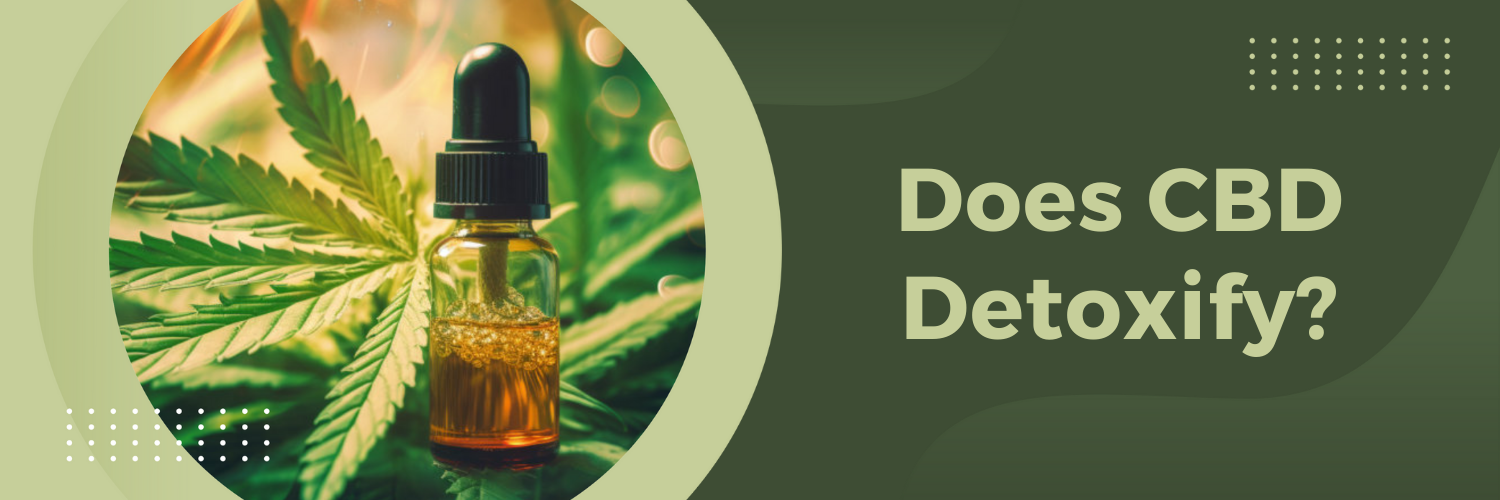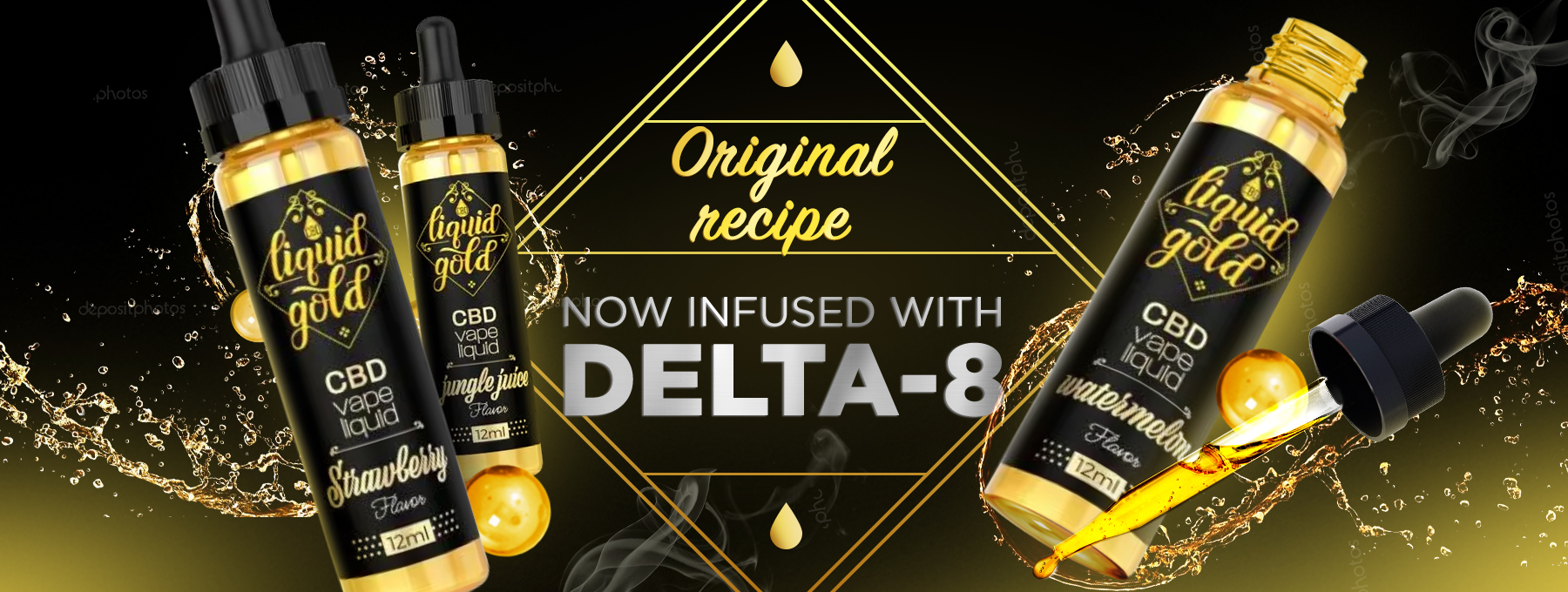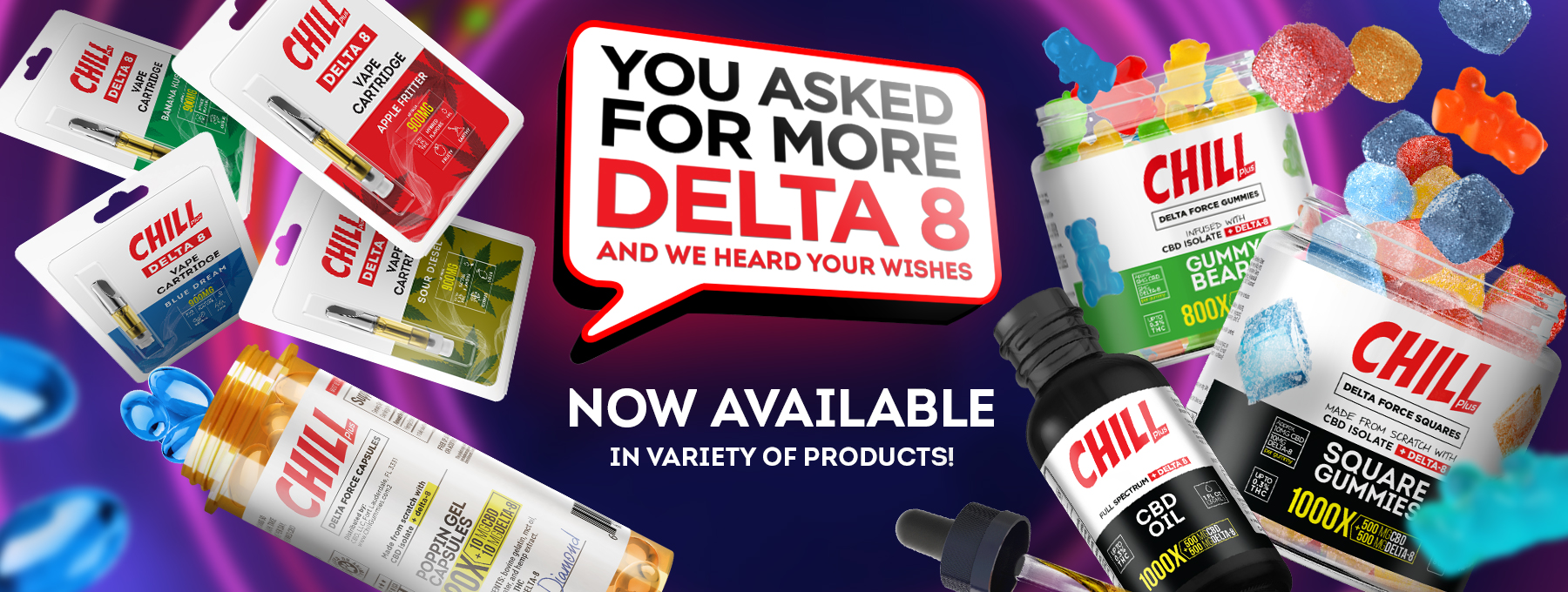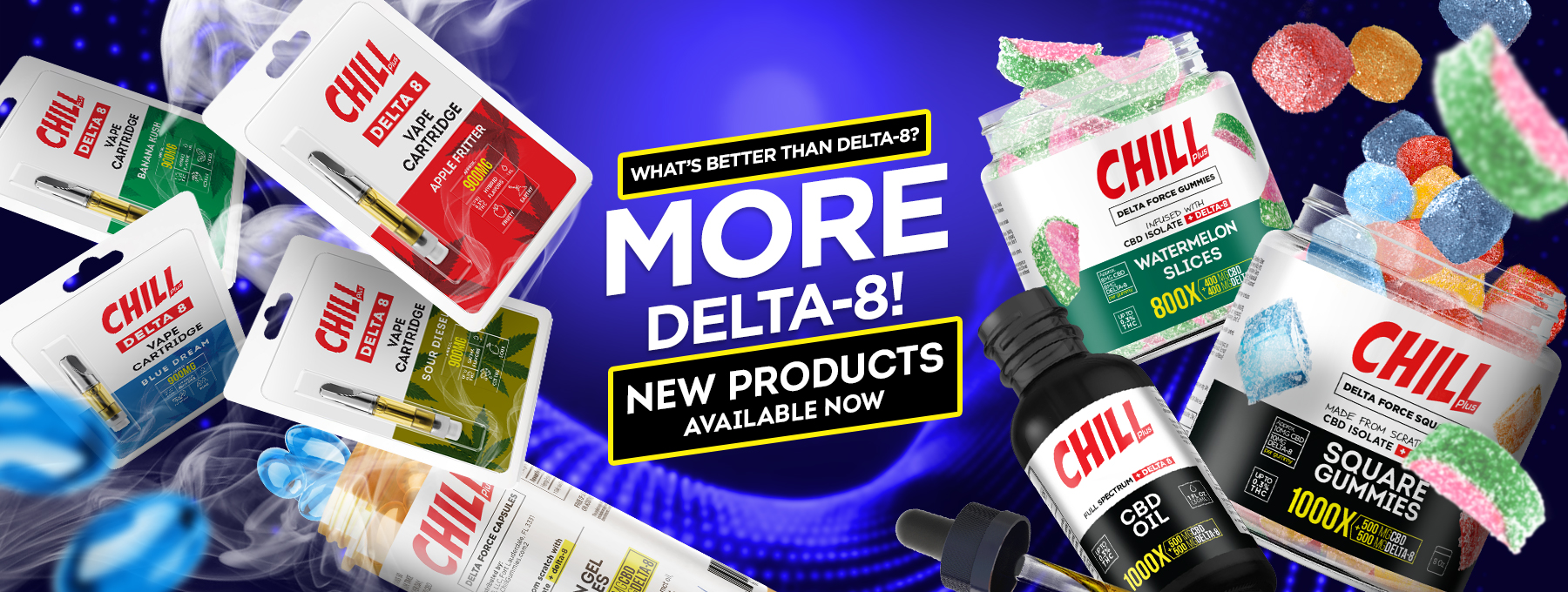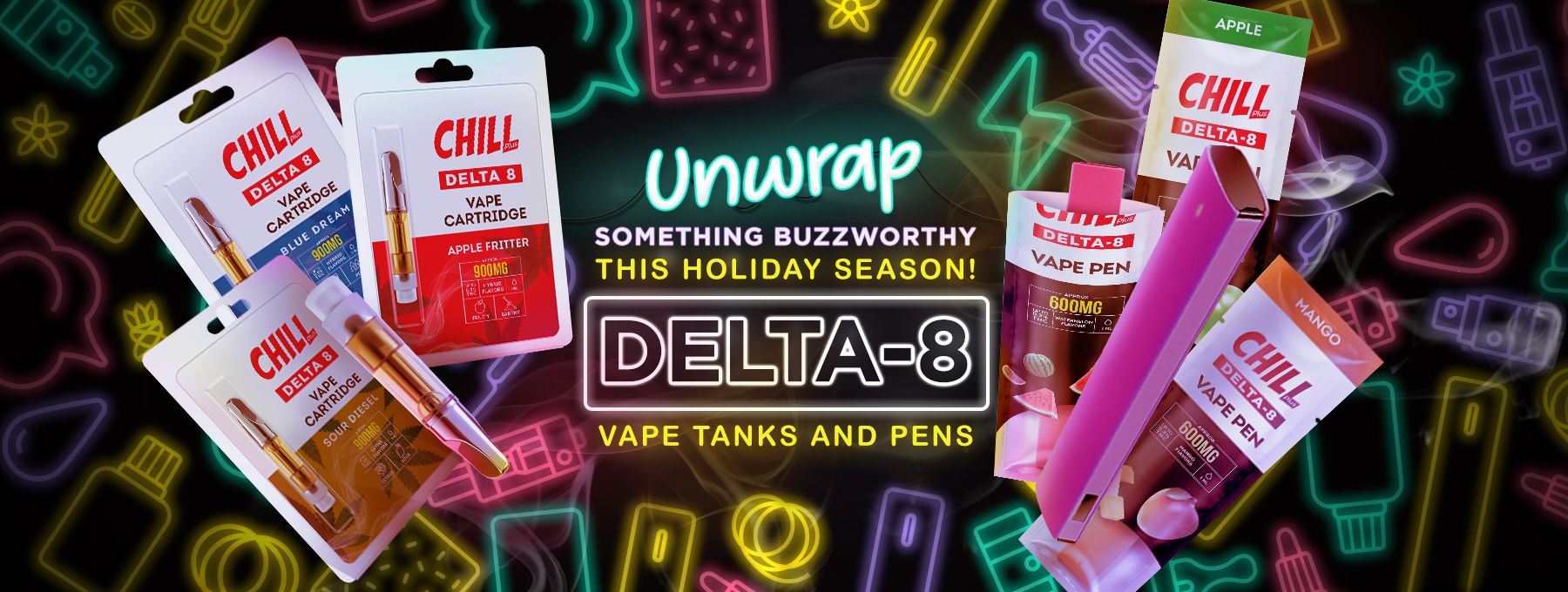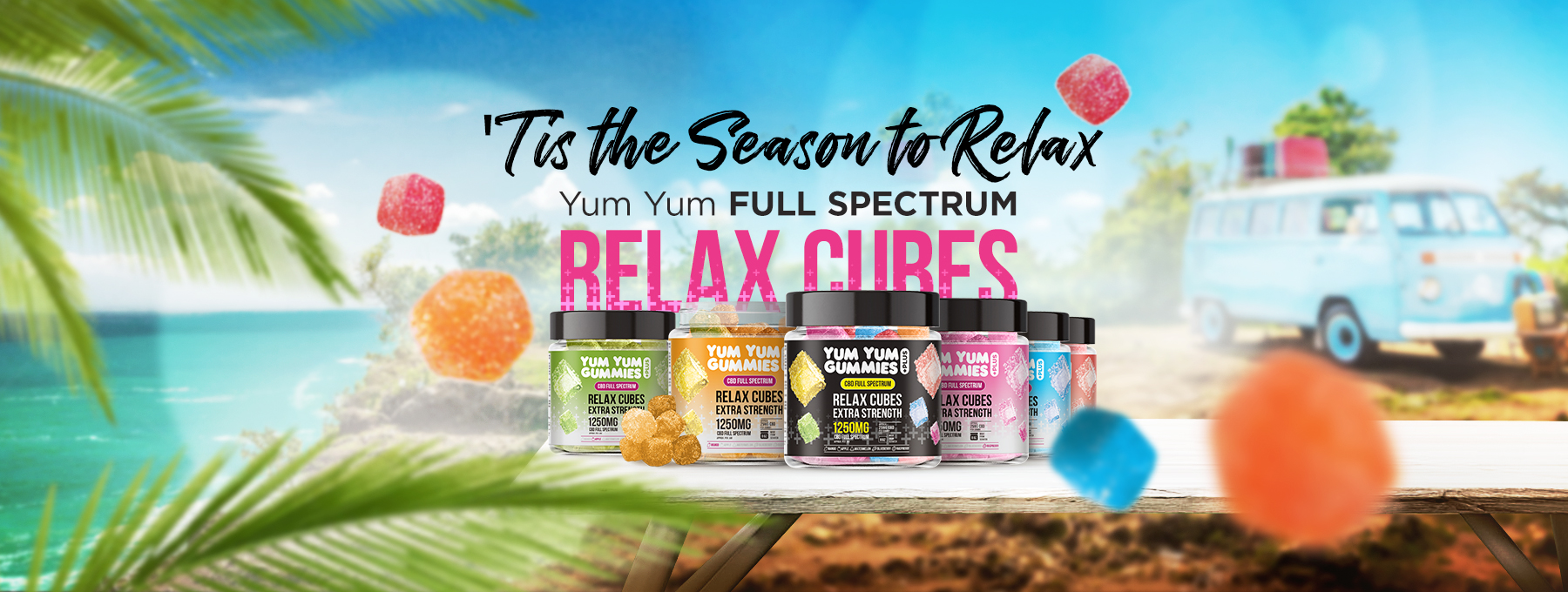What is Detoxification?
Detoxification, often associated with cleansing the body of toxins, has become a buzzword in the health and wellness industry. Many individuals turn to various methods and supplements in the pursuit of a healthier, toxin-free lifestyle. Among these, CBD has gained attention for its alleged detoxifying effects. However, it’s crucial to distinguish between anecdotal claims and scientific evidence. The purpose of this blog is to critically examine the existing research and provide you with a balanced perspective on whether CBD truly detoxifies the body.
Detoxification refers to the body’s natural process of eliminating or neutralizing harmful substances, toxins, and waste products that accumulate as a result of metabolic activities, environmental exposure, or the consumption of certain substances. This process is essential for maintaining optimal health and ensuring the proper functioning of various bodily systems.
Understanding CBD and Its Properties
To comprehend the potential impact of CBD on detoxification, it’s essential to start by gaining a thorough understanding of what CBD is and its fundamental properties.
CBD (Cannabidiol)
CBD, short for Cannabidiol, is a naturally occurring compound found in the cannabis plant. It belongs to a class of compounds called cannabinoids, which are known for their interaction with the endocannabinoid system in the human body. Unlike its counterpart THC (tetrahydrocannabinol), CBD is non-psychoactive, meaning it does not produce the intoxicating “high” commonly associated with cannabis use. This unique property of CBD makes it a focus of extensive research and a potential candidate for various therapeutic applications.
Non-Psychoactive Nature of CBD
One of the most significant features of CBD is its non-psychoactive nature. Unlike THC, which binds directly to cannabinoid receptors in the brain and central nervous system, CBD interacts indirectly with these receptors, resulting in no euphoric or intoxicating effects. This property makes CBD an attractive option for individuals seeking potential health benefits without the altered state of consciousness associated with THC.
The Detoxification Process
To comprehend the potential role of CBD in detoxification, it’s essential to have a clear understanding of what detoxification entails, how the body naturally detoxifies itself, and the common misconceptions surrounding this process.
The Body’s Natural Detoxification Mechanisms
The human body is equipped with sophisticated detoxification mechanisms primarily orchestrated by the liver, kidneys, and gastrointestinal tract:
- Liver: The liver plays a central role in detoxification. It processes and detoxifies a wide range of substances, including drugs, alcohol, and metabolic waste products. It transforms these substances into forms that can be easily excreted from the body.
- Kidneys: The kidneys filter the blood, removing waste products, excess minerals, and toxins. These substances are then excreted as urine. Kidneys help maintain the body’s electrolyte balance and blood pressure.
- Gastrointestinal System: The digestive system, including the intestines and colon, plays a critical role in detoxification by eliminating toxins and waste through bowel movements.
Common Misconceptions About Detoxification
Despite the body’s innate detoxification mechanisms, various misconceptions have emerged regarding the need for external detox methods, such as detox diets, cleanses, or supplements. It’s important to address these misconceptions:
- Detox Diets: Many commercial detox diets claim to flush toxins from the body. However, the scientific basis for these claims is often lacking. The body’s natural detoxification processes typically function optimally with a balanced diet.
- Detox Supplements: Supplements marketed as detox aids may not always deliver the promised results. Moreover, their safety and efficacy can be questionable, emphasizing the importance of caution.
- Overlooking Natural Processes: Relying on external detox methods can sometimes divert attention from the body’s natural detoxification capabilities. These methods may not offer significant advantages over maintaining a healthy lifestyle, including a balanced diet, regular exercise, and adequate hydration.
CBD’s Interaction with the Endocannabinoid System
To explore the potential role of CBD in detoxification, it’s essential to understand how CBD interacts with the endocannabinoid system (ECS) and how this interaction might influence detoxification processes.
Endocannabinoid System (ECS)
The endocannabinoid system is a complex and widespread regulatory system found in the bodies of humans and many animals. It is involved in maintaining homeostasis, which is the body’s balance and stability. The ECS consists of three main components:
- Endocannabinoids: These are naturally occurring cannabinoids produced by the body, such as anandamide and 2-arachidonoylglycerol (2-AG).
- Cannabinoid Receptors: There are two primary types of cannabinoid receptors in the ECS, known as CB1 and CB2 receptors. CB1 receptors are mainly found in the central nervous system, while CB2 receptors are primarily located in the immune system and peripheral tissues.
- Enzymes: Enzymes are responsible for breaking down endocannabinoids once they’ve completed their functions.
How CBD Interacts with the ECS
While CBD is not an endocannabinoid, it has the ability to interact with the ECS in a unique way. CBD does not directly bind to CB1 or CB2 receptors like THC does, but it indirectly modulates their activity. Here’s how this interaction works:
- CBD as an Allosteric Modulator: CBD acts as an allosteric modulator of both CB1 and CB2 receptors. This means that it can change the shape and behaviour of these receptors, effectively influencing their signalling without directly binding to them.
- Inhibition of Enzymes: CBD can inhibit the enzymes responsible for breaking down endocannabinoids. This inhibition can lead to increased levels of endocannabinoids in the body, potentially prolonging their effects.
- Activation of Non-Cannabinoid Receptors: CBD can also interact with receptors outside of the ECS, such as serotonin receptors (5-HT1A). This interaction may contribute to its diverse range of potential effects.
Potential Role of CBD in Supporting the ECS’s Functions
Given CBD’s ability to influence the ECS, there is speculation about how this interaction might relate to detoxification processes. While research in this specific area is still emerging, here are some theories and possibilities:
- Enhancement of ECS Functions: CBD’s interaction with the ECS could potentially enhance the system’s ability to regulate various physiological processes, including those involved in detoxification.
- Inflammation and Oxidative Stress: The ECS plays a role in regulating inflammation and oxidative stress, both of which are factors in detoxification. CBD’s anti-inflammatory and antioxidant properties might indirectly support detoxification pathways.
- Neuroprotection: Some studies suggest that CBD may have neuroprotective effects, which could be relevant to detoxification since the brain is involved in toxin processing and elimination.
It’s important to note that while these theories are intriguing, conclusive evidence linking CBD directly to detoxification is limited. The scientific community is actively researching these potential connections, and further studies are needed to better understand how CBD may impact detoxification processes within the body. As we continue to explore CBD and its potential effects, it’s crucial to approach the topic with an open mind and rely on rigorous scientific research for definitive answers.
Scientific Studies and Evidence
In the quest to understand whether CBD plays a role in detoxification, it’s vital to examine the existing scientific studies and evidence. While the research in this area is ongoing, we can explore what has been discovered so far, both positive and negative findings, and acknowledge the limitations of current research.
Present Findings from Scientific Studies on CBD and Detoxification
Research into the specific relationship between CBD and detoxification is still relatively limited, and studies in this field are evolving. Some studies have investigated the potential effects of CBD on various aspects related to detoxification:
- Inflammation: CBD has been studied for its anti-inflammatory properties, which may indirectly support detoxification processes. Inflammation plays a role in the body’s response to toxins, and reducing inflammation could potentially aid detoxification.
- Oxidative Stress: CBD’s antioxidant properties have also been explored. Oxidative stress, caused by an imbalance between free radicals and antioxidants, can impact detoxification pathways. CBD’s ability to combat oxidative stress may have implications for detox processes.
- Neuroprotection: There is emerging research on CBD’s potential neuroprotective effects, which could be relevant in detoxification, as the brain plays a significant role in toxin processing and elimination.
Safety and Side Effects
Understanding the safety profile of CBD is paramount when considering its potential role in detoxification. While CBD is generally considered safe, it’s essential to be aware of potential side effects and the importance of consulting a healthcare professional before using CBD for detoxification purposes.
Potential Side Effects of CBD Use
CBD is generally well-tolerated by most individuals. However, it’s essential to recognize that, like any substance, CBD can have side effects. Some common side effects of CBD use may include:
- Dry Mouth: CBD may reduce saliva production, leading to a dry sensation in the mouth. Staying well-hydrated can help alleviate this side effect.
- Diarrhea: Some individuals may experience digestive issues, including diarrhea, when taking CBD. Adjusting the dosage or discontinuing use may resolve this problem.
- Changes in Appetite: CBD can affect appetite, potentially causing an increase or decrease in food intake.
- Interactions with Medications: CBD may interact with certain medications, particularly those metabolized by the liver. It’s crucial for individuals taking medications to consult with a healthcare provider before using CBD.
Importance of Consulting a Healthcare Professional
Individuals considering CBD for detoxification or any other health-related purpose should consult a healthcare professional, especially if they have underlying medical conditions or are taking medications. A healthcare provider can provide personalized guidance and monitor potential interactions with existing treatments. It’s advisable to start with a low CBD dosage and gradually increase it while monitoring how the body responds. This approach can help minimize the risk of side effects and ensure a safe and comfortable experience with CBD.
CBD Products and Quality
CBD is available in various forms, each designed for specific consumption preferences and purposes. Common CBD products include:
- CBD Oil or Tinctures: These are liquid extracts of CBD that can be taken sublingually (under the tongue) for fast absorption.
- CBD Capsules: Capsules contain pre-measured doses of CBD and are convenient for consistent dosing.
- CBD Edibles: CBD-infused edibles, such as gummies or chocolates, offer a tasty way to consume CBD.
- CBD Topicals: Topical products like creams and balms are designed for localized application, offering potential relief for skin and muscle issues.
- CBD Vape Products: Vaping allows for rapid CBD absorption through the lungs, but it may raise concerns about lung health.
- CBD Isolate: Pure CBD in crystalline form, often used in DIY formulations.
- Full-Spectrum CBD: Contains a range of cannabinoids, including CBD and trace amounts of THC, within legal limits.
- Broad-Spectrum CBD: Similar to full-spectrum but without detectable THC.
Choosing High-Quality CBD Products
Choosing high-quality CBD products is crucial to ensure safety, effectiveness, and consistency. Quality considerations include:
- Sourcing: High-quality CBD products start with organically grown hemp. It’s essential to know where and how the hemp is cultivated to avoid exposure to contaminants or pesticides.
- Extraction Methods: Reputable brands use safe and efficient extraction methods like CO2 extraction to produce clean and pure CBD extracts.
- Third-Party Lab Testing: Trustworthy CBD companies provide lab reports from independent, third-party testing. These reports verify the product’s cannabinoid content, confirm it’s free from harmful contaminants, and ensure it meets label claims.
- Transparency: Brands that are transparent about their sourcing, manufacturing processes, and testing results inspire confidence in their products.
Potential Risks Associated with Low-Quality or Mislabeled Products
Low-quality or mislabeled CBD products can pose risks to consumers, including:
- Ineffective or Inconsistent Results: Low-quality products may contain inaccurate CBD concentrations, leading to ineffective results or unpredictable effects.
- Contaminants: Poorly processed CBD products may contain harmful contaminants such as heavy metals, pesticides, or solvents.
- Legal and Safety Issues: Products with higher-than-allowed THC levels may have legal repercussions or cause psychoactive effects.
- Health Concerns: Contaminated or low-quality CBD products may pose health risks, particularly for individuals with compromised immune systems or sensitivities.
Choose Leaf Alleviate – Your Go-to CBD Shop
As you consider the potential benefits of CBD for detoxification or any other wellness goals, it’s crucial to approach this natural compound with both curiosity and discernment. Keep in mind that the journey toward improved well-being should always be guided by evidence-based decisions and responsible choices.
If you’re interested in exploring high-quality CBD products that adhere to strict quality standards and legal regulations, we invite you to check out Leaf Alleviate. Discover a range of carefully crafted CBD products designed to meet your wellness needs. Visit our shop to learn more and make informed choices on your path to a healthier and balanced life.
FAQs
Q: Does CBD get rid of toxins?
No, CBD (cannabidiol) does not have detoxifying properties. It is important to understand that CBD is not a cleansing agent, and it does not eliminate toxins from the body. CBD is primarily known for its potential therapeutic effects and interaction with the endocannabinoid system, but it does not function as a detox remedy.
Q: Does CBD actually help recovery?
CBD has been studied for its potential benefits in supporting recovery, especially in the context of muscle soreness, inflammation, and stress. Some users report positive effects on post-exercise recovery and relaxation. However, individual responses can vary, and it’s essential to note that CBD is not a cure-all. Consultation with a healthcare professional is advised for personalized advice on incorporating CBD into a recovery regimen.
Q: Is CBD a stimulant or depressant?
CBD is neither a stimulant nor a depressant in the traditional sense. It does not cause euphoria or sedation like some stimulants or depressants. Instead, CBD is known for its balancing effects on the endocannabinoid system, which plays a role in regulating various physiological processes. CBD is generally considered non-intoxicating, meaning it does not produce a “high” commonly associated with THC, the psychoactive component of cannabis. Individual responses to CBD may vary, and it’s recommended to start with a low dose to assess how it affects you.

